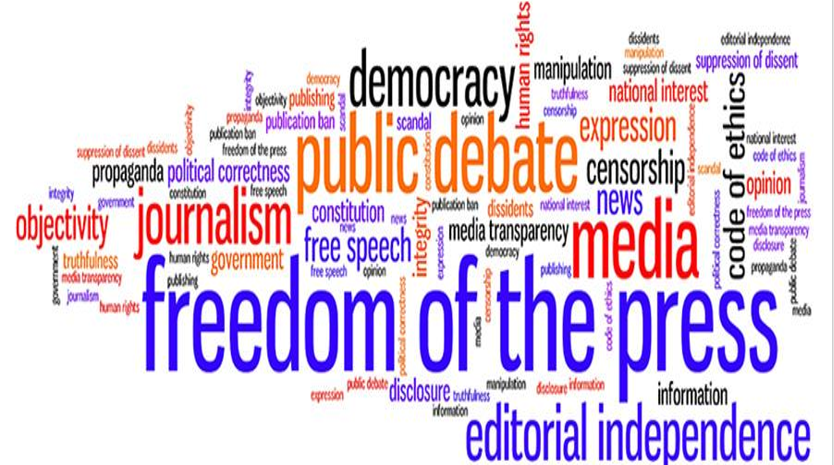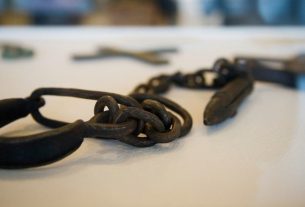On April 25, 2025, U.S. Attorney General Pam Bondi announced the rescission of a policy implemented during the Biden administration that restricted the Department of Justice (DOJ) from subpoenaing journalists’ records in criminal leak investigations. This policy change signifies a shift towards more aggressive measures in investigating unauthorized disclosures of sensitive information.
Policy Reversal Details
The previous policy, established under Attorney General Merrick Garland in 2022, prohibited the use of compulsory legal processes—such as subpoenas, search warrants, or court orders—to obtain reporters’ records, except under limited circumstances. This policy was a response to concerns over the DOJ’s previous actions during the Trump administration, where records from journalists at The New York Times, The Washington Post, and CNN were secretly obtained as part of criminal leak investigations.
In her memo, Attorney General Bondi criticized the former policy, stating that federal government employees intentionally leaking sensitive information to the media undermines the ability of the DOJ to uphold the rule of law, protect civil rights, and keep America safe. She emphasized that such conduct is illegal and must cease. Bondi also directed the DOJ’s Office of Legal Policy to publish new language reflecting that the department will continue to employ procedural protections to limit the use of compulsory legal processes to obtain information from or records of members of the news media, including enhanced approval and advance-notice procedures.
Implications for Press Freedom
The policy reversal has raised concerns among press freedom advocates and media organizations. Critics argue that allowing the DOJ to subpoena journalists’ records could undermine the confidentiality of sources and the ability of the press to report on matters of public interest without fear of government retaliation. Bruce D. Brown, executive director of the Reporters Committee for Freedom of the Press, stated that the government seizure of reporters’ records hurts the public and raises serious First Amendment concerns. He called for the passage of a law that would prohibit the government from compelling journalists and phone and internet companies to disclose information that would identify a source.
Context and Background
The Trump administration’s decision to rescind the policy aligns with its broader stance on national security and media relations. Bondi’s memo cited recent alleged leaks of potentially classified information to The New York Times as justification for the policy change. Additionally, the administration has been pursuing criminal charges against officials who have allegedly leaked details about pending deportation operations to members of the media.
The policy change also comes amid broader efforts by the Trump administration to control the narrative and limit information that could be perceived as damaging. For instance, the administration has been scrutinizing the activities of agencies like Voice of America and has been involved in controversies related to immigration enforcement and the treatment of federal employees.
Conclusion
The rescission of the policy restricting the DOJ’s ability to subpoena journalists’ records marks a significant shift in the balance between press freedom and national security concerns. While the administration asserts that the policy change is necessary to combat unauthorized leaks, critics warn that it could have a chilling effect on investigative journalism and the public’s right to know. As the situation develops, it will be important to monitor the implementation of the new policy and its impact on the media landscape.



